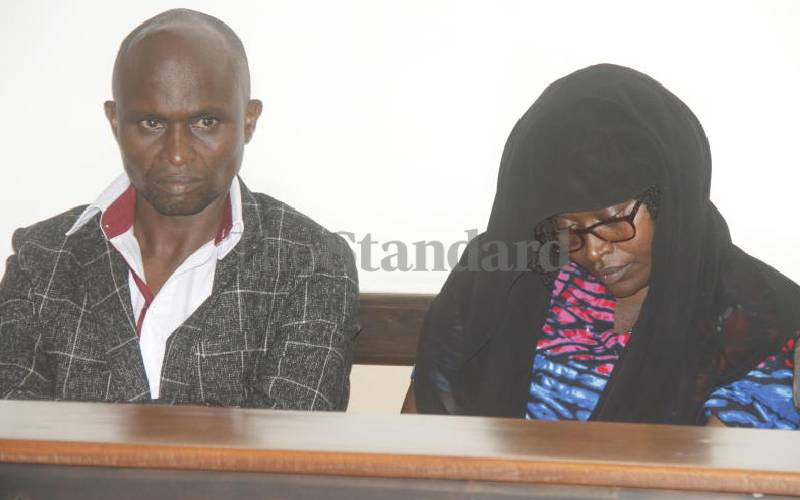×
The Standard e-Paper
Home To Bold Columnists

The move by the Ethics and Anti-Corruption Commission to investigate and charge former Murang'a governor Mwangi Wa Iria, his wife Jane Waigwe and her brother Solomon Mutura Kimani calls to memory other cases involving county chiefs and their families.
The former governor alongside seven other people are accused of irregularly awarding tenders and other procurement irregularities totaling Sh140 million in 2015 to Top Image Media Consultancy Limited and Value View Limited with no regard for conflict of interest